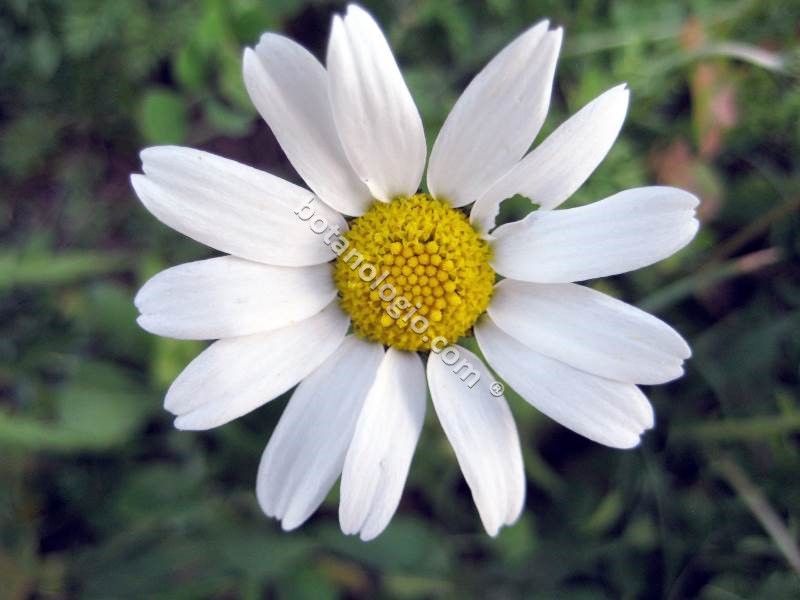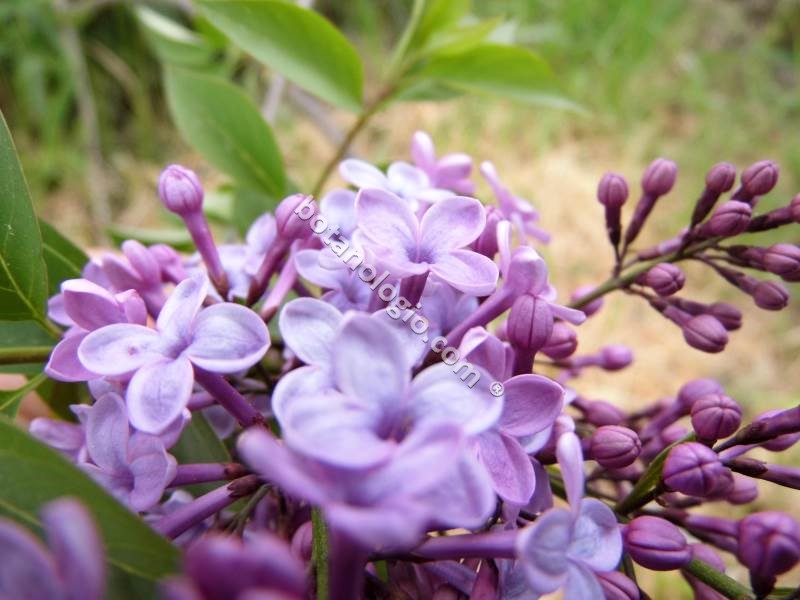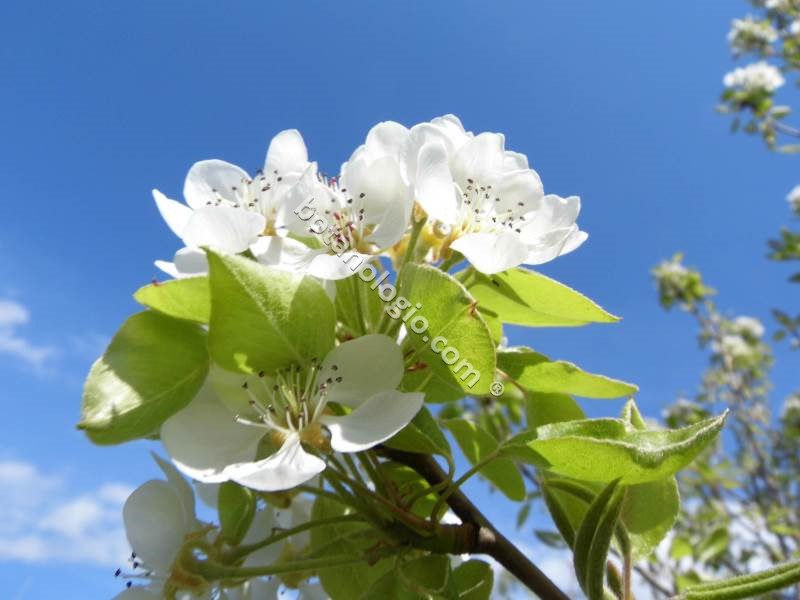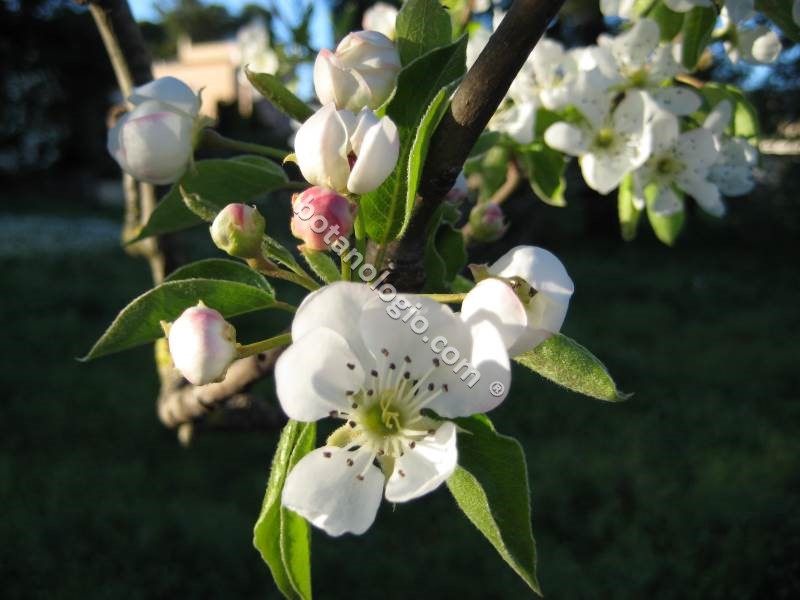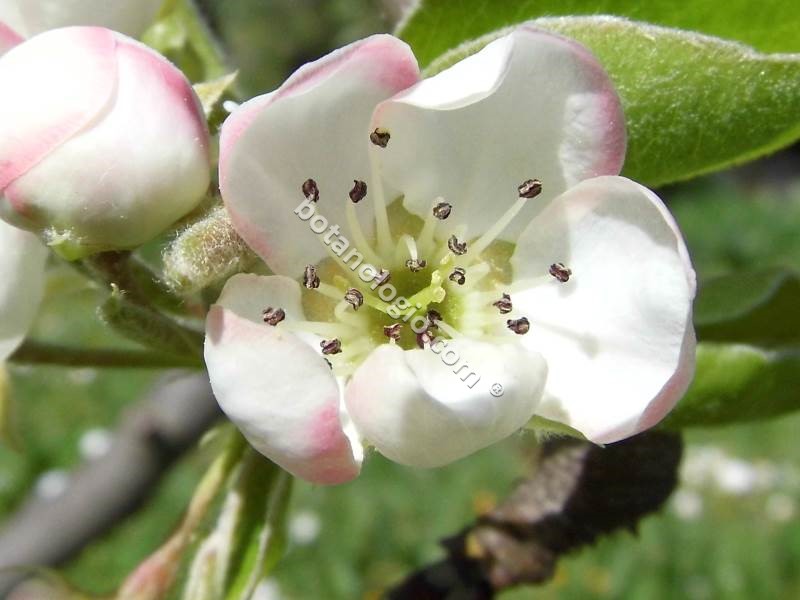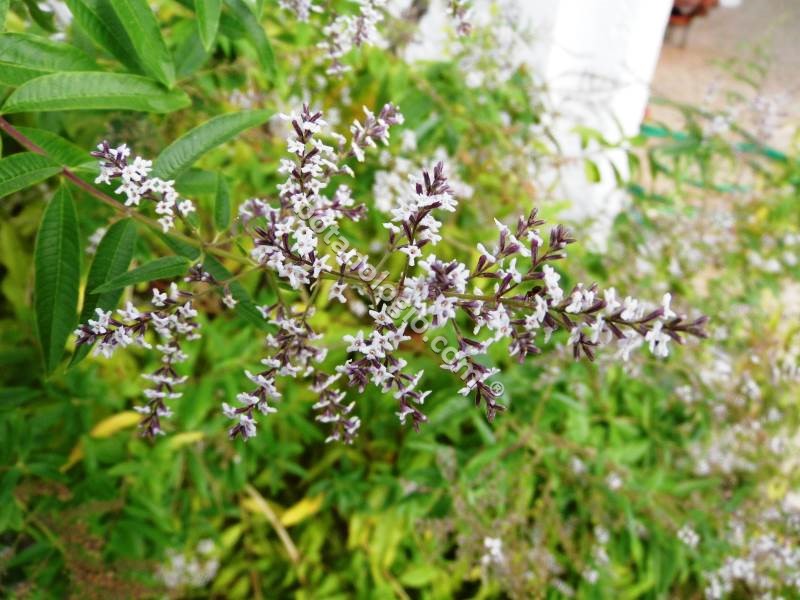Herbal medicines for the treatment of otitis

Acute otitis media is one of the most common childhood infections, with high rates of incidence. More than 80% of children experience at least one episode of otitis, and one in three children will face three or more episodes. This condition also carries a significant socioeconomic impact, as it leads to numerous physician visits and is a frequent cause for antibiotic prescriptions in children
Otitis is characterized by the presence of fluid in the middle ear, accompanied by a rapid onset of symptoms like earache, ear rubbing, bulging eardrum, or fever. While antibiotics are often prescribed, they do not always fully resolve the infection and do little to alleviate pain caused by inflammation. Additionally, untreated otitis may develop into chronic conditions, including recurrent otitis, or more serious complications like mastoiditis, meningitis, or thrombosis.
Herbal treatments may offer supportive relief by reducing inflammation and combating infection. Certain herbs have shown effectiveness in experimental studies, potentially stimulating the mucociliary function and helping clear pathogens from the ear. Below are some traditional herbal remedies for otitis, including their properties and usage instructions:
Herbal Remedies for Ear Infections
-
Garlic (Allium sativum)
-
Properties: Garlic has antimicrobial and anti-inflammatory properties.
-
Usage: Garlic oil is a popular remedy for ear infections. To prepare, heat garlic cloves in olive oil, then strain the oil. Apply a few drops of lukewarm garlic oil to the outer ear canal using a dropper or cotton ball, but avoid direct application if the eardrum is ruptured.
-
-
Mullein (Verbascum thapsus)
-
Properties: Mullein is known for its anti-inflammatory and soothing properties, often used in ear drops.
-
Usage: Use mullein oil on its own or in combination with garlic oil. Apply a few drops of warmed mullein oil to the outer ear, similar to garlic oil.
-
-
St. John’s Wort (Hypericum perforatum)
-
Properties: St. John’s Wort has antiviral and analgesic properties.
-
Usage: Typically used as an infused oil for ear pain relief. Apply a few drops to the outer ear for soothing effects.
-
-
Calendula (Calendula officinalis)
-
Properties: Calendula is anti-inflammatory and can soothe irritated tissue.
-
Usage: Calendula oil can be applied around the ear to reduce inflammation. Combine it with mullein or garlic oil for enhanced effects. Calendula should generally be applied topically rather than directly in the ear, especially in children or when there’s uncertainty about the eardrum’s condition.
-
-
Tea Tree Oil (Melaleuca alternifolia)
-
Properties: Tea tree oil has antimicrobial properties, effective against bacteria and fungi.
-
Usage: Dilute tea tree oil in a carrier oil like olive oil, then apply it around the outer ear (never directly in the ear canal to avoid irritation).
-
-
Ginger (Zingiber officinale)
-
Properties: Ginger’s natural anti-inflammatory effects may reduce pain and swelling.
-
Usage: Grate fresh ginger, mix with a warmed carrier oil, and strain. Apply the oil around the outer ear area.
-
How to use Herbal Ear Drops:
Warm the oil. Warm (not hot) oil can be more comfortable for ear applications. Test the oil’s temperature by placing a drop on your wrist first.
Apply carefully 1–3 drops in the outer ear canal or around the ear, and avoid if there’s any discharge or a perforated eardrum.
Avoid using ear drops for more than 3-4 days especially if symptoms persist.
Don’t use with ruptured eardrums. It’s essential to consult a healthcare provider if symptoms are severe, persistent, or worsening. These remedies can support minor cases of otitis, but if symptoms are severe or persistent, seeing a healthcare provider is essential.
antiinflamatory herbs, garlic, herbs for otitis, Medicinal herbs, otitis, teatree
